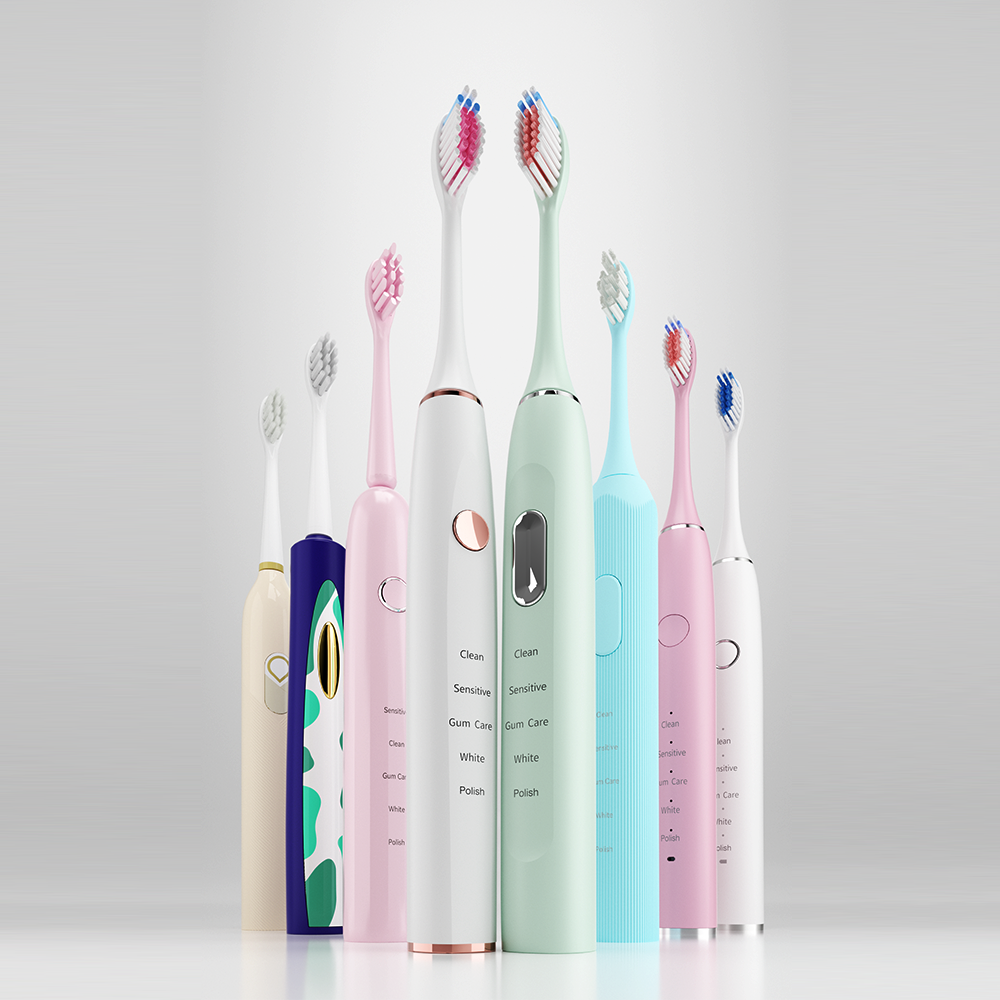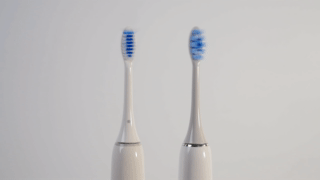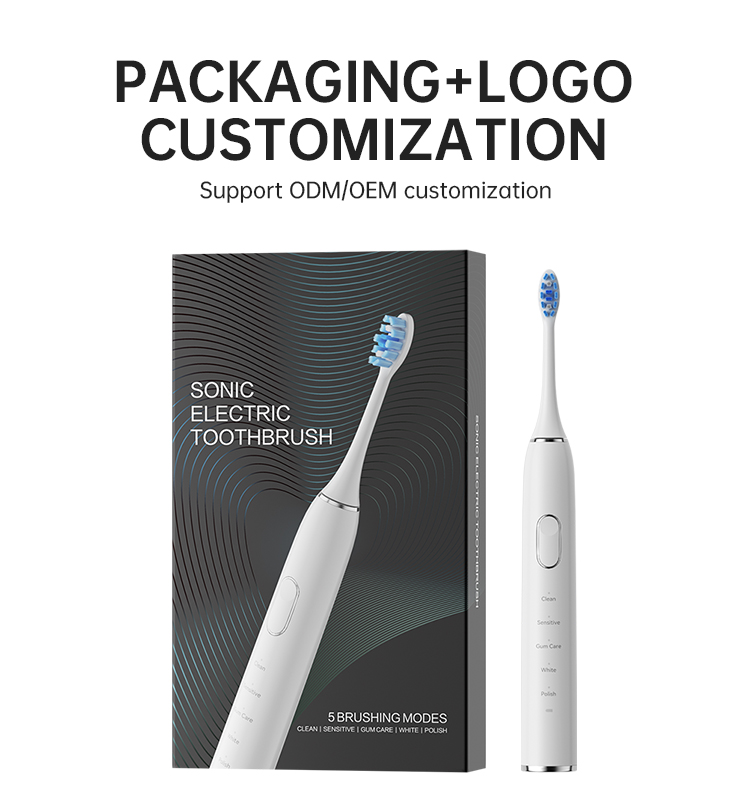As consumer demand evolves, the electric toothbrush industry is undergoing significant transformations. Manufacturers are striving to integrate intelligent technologies, adopt environmentally friendly production methods, and enhance the core competitiveness of electric toothbrush products. This blog explores the key trends shaping the future of electric toothbrush production from the point of an electric toothbrush manufacturer.
With advancements in artificial intelligence (AI) and the Internet of Things (IoT), the next generation of electric toothbrushes is becoming smarter. Future toothbrushes will feature:
AI-powered brushing guidance: Sensors and real-time feedback help users improve brushing techniques.
Personalized oral care plans: Integration with mobile apps provides tailored recommendations based on user habits.
Voice and gesture control: Hands-free operation enhances convenience and accessibility.
Manufacturers investing in these technologies can significantly boost their core competitiveness in the electric toothbrush market.
Sustainability is a growing concern, and the electric toothbrush industry is no exception. Environmentally friendly production is becoming a key priority, focusing on:
Biodegradable and recyclable materials: Reducing plastic waste by using plant-based or recyclable components.
Energy-efficient manufacturing processes: Adopting green energy solutions such as solar and wind power.
Eco-friendly packaging: Minimizing excessive packaging and utilizing sustainable materials.
Manufacturers that embrace these green initiatives will not only contribute to environmental protection but also gain favor with eco-conscious consumers.
Battery life and charging convenience are crucial factors influencing purchasing decisions. The future of electric toothbrushes will see:
Longer-lasting batteries: The development of high-capacity, fast-charging lithium and solid-state batteries. Powsmart’s electric toothbrushes are built in 2000mAh lithium battery, which could last for over 90 days.

Wireless and solar-powered charging: Enhancing portability and reducing reliance on disposable batteries.
Smart power management: Adaptive energy-saving modes to optimize battery usage.
By integrating these innovations, manufacturers can enhance product reliability and increase consumer satisfaction.
Modern consumers seek products that cater to their specific needs. The trend of customized electric toothbrushes includes:
Interchangeable brush heads for different oral health needs (e.g., sensitive gums, whitening, orthodontic care).
Design personalization: Custom colors, engravings, and branding options for a unique user experience.
Smart data tracking: AI-powered analytics offering personalized feedback and usage reports.
Offering personalized options will help manufacturers strengthen brand loyalty and differentiate themselves in the market.
To maintain a leading position, electric toothbrush manufacturers must adopt strategic approaches for market expansion, including:
Targeting emerging markets: Expanding to regions with increasing oral health awareness and disposable income.
Collaboration with dental professionals: Partnering with dentists and institutions to promote research-based innovations.
Leveraging e-commerce and digital marketing: Utilizing AI-driven marketing to enhance customer reach and engagement.
These strategies will help companies reinforce their core competitiveness in the electric toothbrush sector.
The future of electric toothbrush production is defined by intelligent functionalities, environmentally friendly production, and enhanced core competitiveness. By embracing technological advancements, sustainable manufacturing, and market-driven strategies, manufacturers can ensure long-term success and meet the evolving needs of consumers.
As the industry continues to innovate, staying ahead of these trends will be crucial for businesses aiming to lead in the highly competitive electric toothbrush market.
.jpg)
Why is UV Sanitizing Toothbrush Technology Key to Advanced Bacteria Reduction Technology?
.jpg)
How Brands Evaluate Rechargeable Toothbrush Wholesale Price in B2B Purchasing

What Should You Pay Attention to When Using an Electric Toothbrush?
.jpg)
Electric Toothbrush Troubleshooting Flowchart: A Practical OEM Guide for Brands
.jpg)
Tray Warping with Switch Corrosion – Time to Replace?
.jpg)
Need an Electric Toothbrush Packaging Supplier with Integrated Electric Toothbrush Logistics Services?
.jpg)
Button Failure and Bristle Deformation Causing Recalls?

Electric Toothbrush + Water Flosser Combination: How Can Brand Owners Enhance Competitiveness Through This Bundle?
.jpg)
Hose Leakage Leading Mucosal Lesions – Double Damage?

Why Do My Teeth Feel Sore After Using a Home Teeth Whitening Device?

The Secret Behind Japanese Toothbrushes’ Softness & Its Global OEM Appeal

The Key Technical Indicators Affecting the Cleaning Effect of the Water Flosser

About the Battery Maintenance Problem During the Use of Electric Toothbrush
.jpg)
Vestibular Stimulation Worsening Tooth Demineralization?
.jpg)
AI-Powered Electric Toothbrush OEM – Smart Oral-Care Solutions for Modern Brands

How does a Multi-pressure Setting Chip optimize the use of Filter Cartridge Supply in flossers?